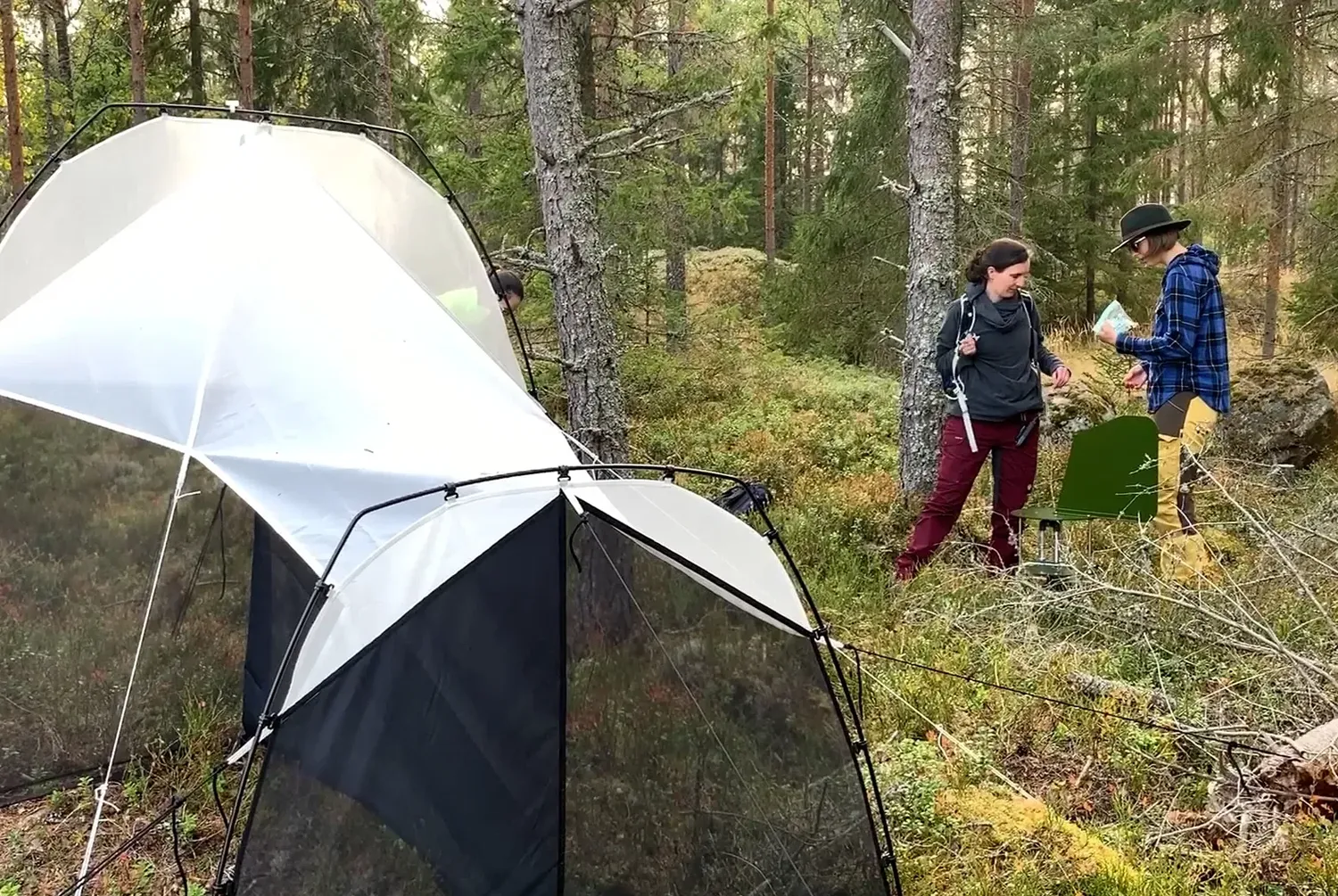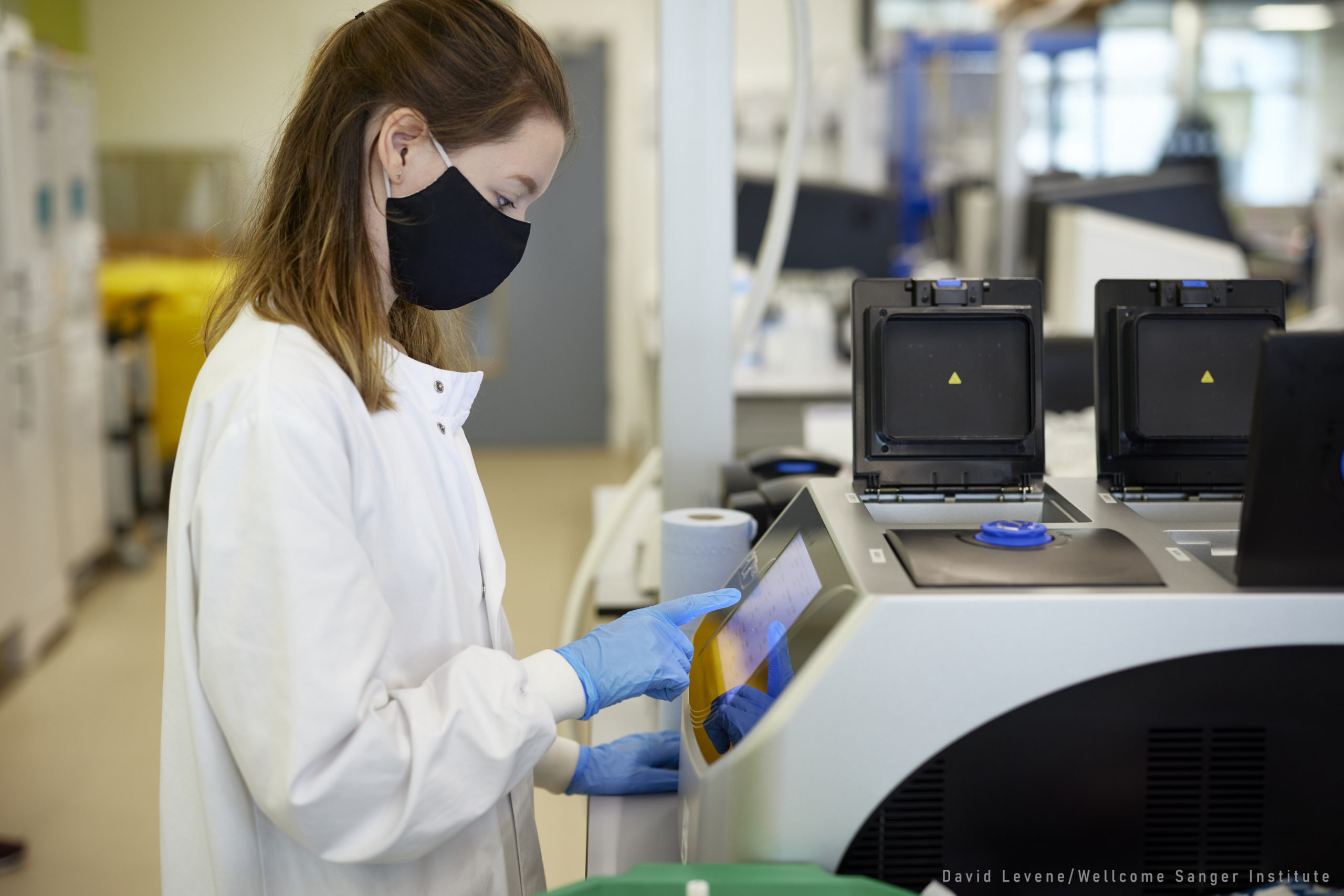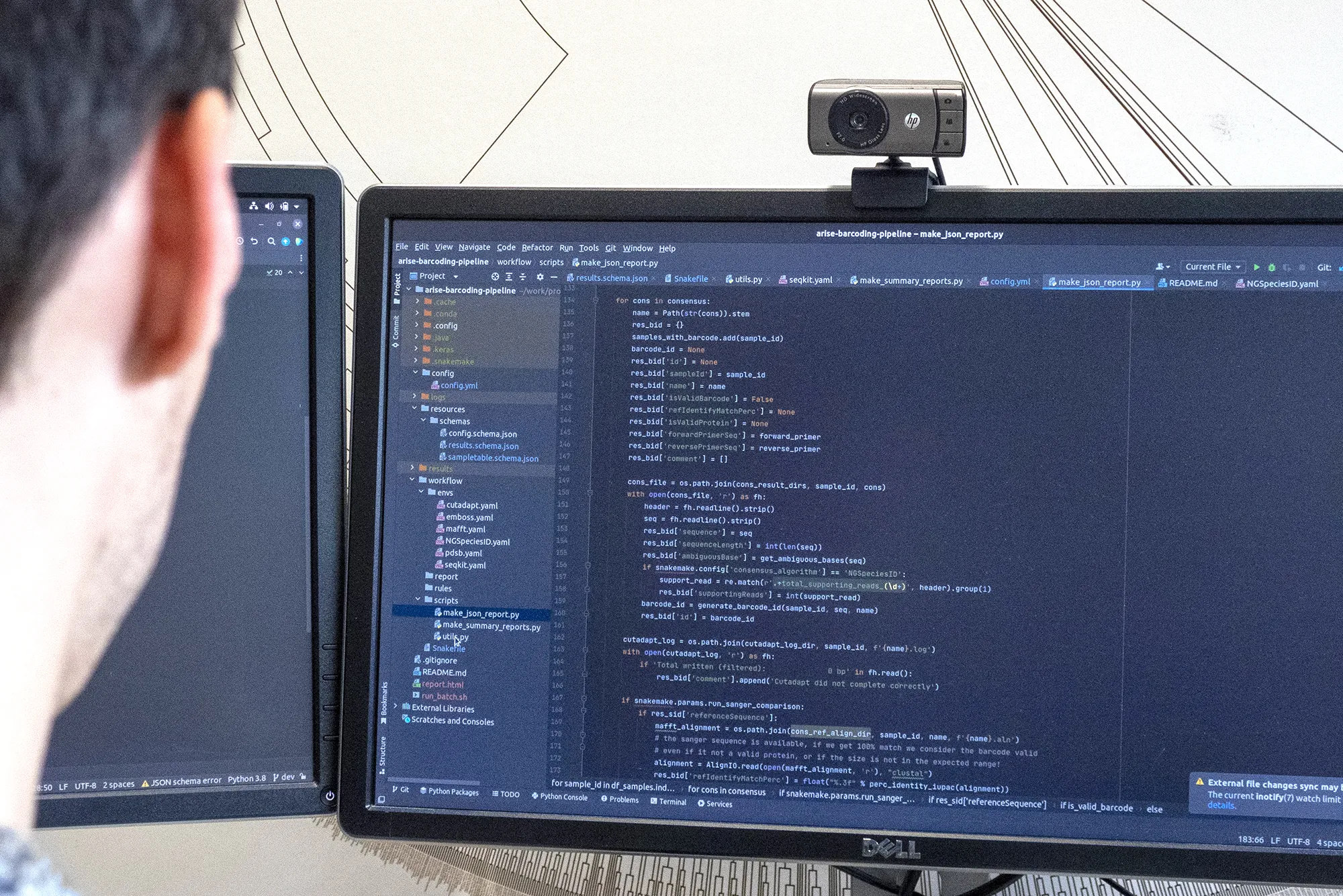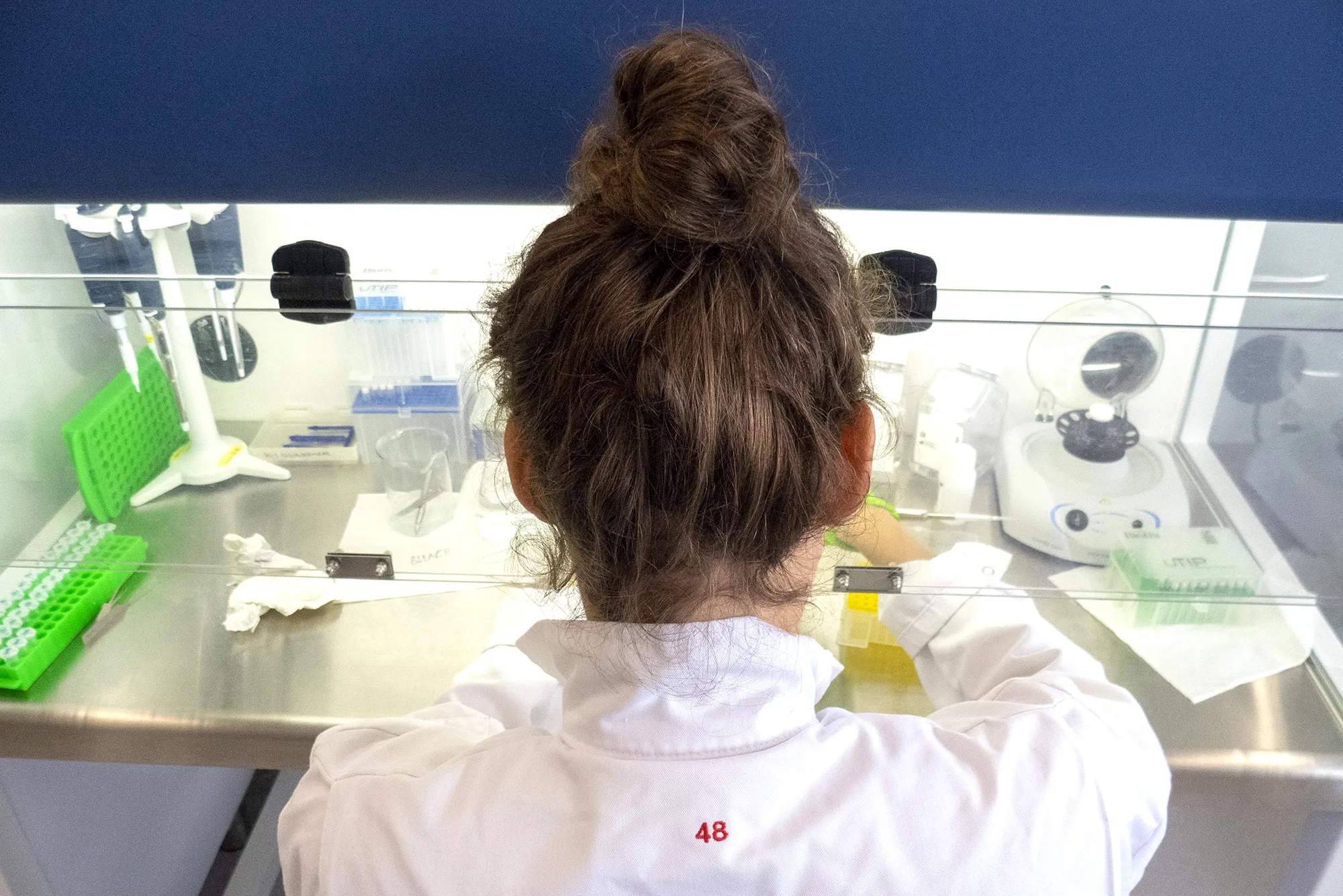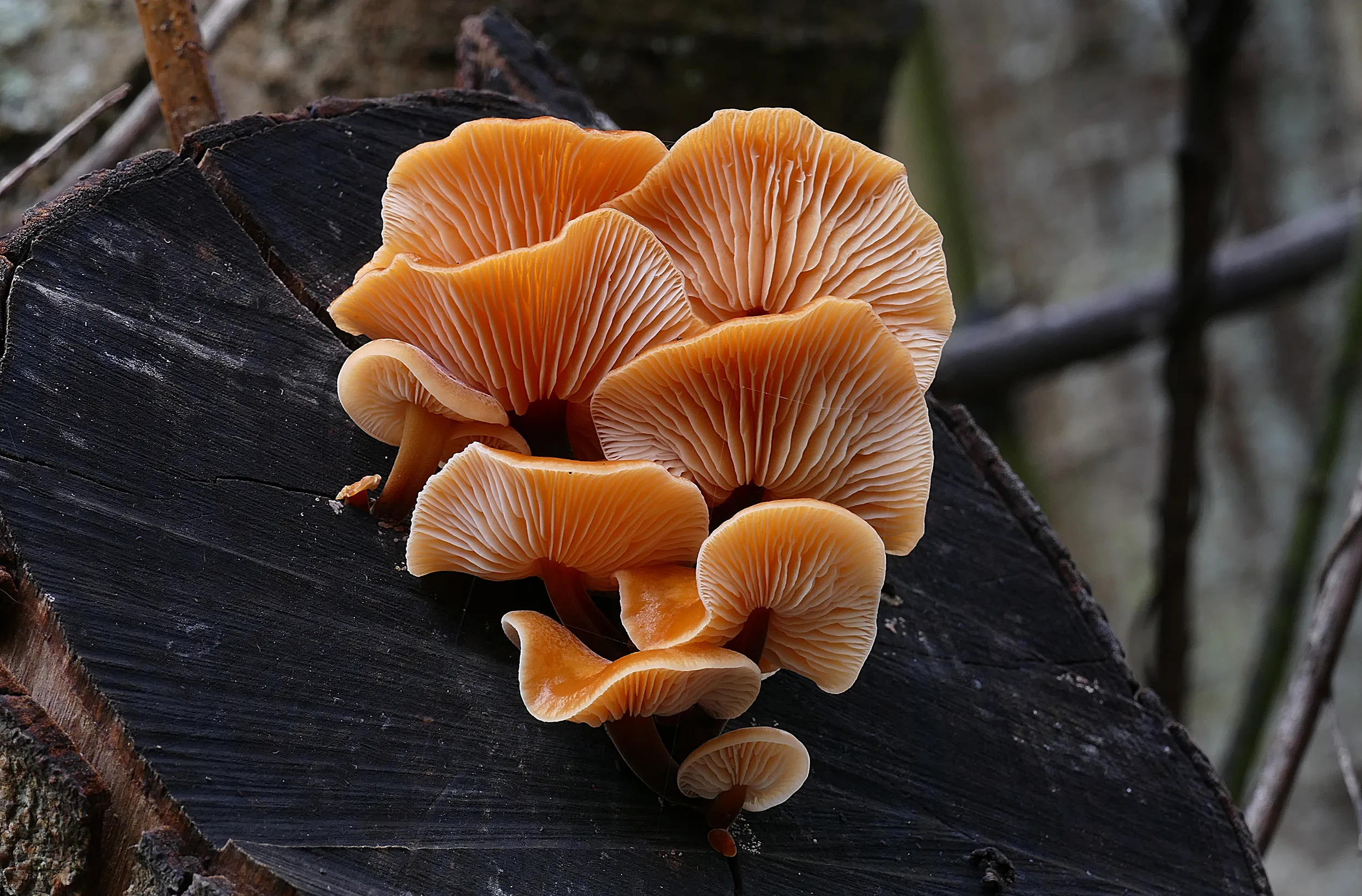Working together is helping tackle scientific challenges at the interface of full-genome sequencing and DNA barcoding. These include;
The first step to fully integrating Europe’s DNA-barcoding and full-genome-sequencing communities is addressing disparities in capacity across the continent. We are achieving this through integrated training events to share protocols, procedures, methods, and expertise and promote joint working to connect and grow the biodiversity genomics community including professional and citizen scientists. Training and research are focused around pollinator genetic diversity, exploring yet-to-be-described insect species, building genetic tools for plant species identification, and developing FAIR data infrastructures.
More than 1000 samples from three key pollinator insect species across 15 European countries have been collected and are being processed to feed into the downstream analyses for developing monitoring tools to characterise intraspecific genetic diversity. Sampling and sequencing efforts for the dozens of pondweed and willow plant species cover the diversity within each genus where mapping to reference genomes then allows for the development of tools for species discrimination in these challenging plant groups. The dark taxa activities have delivered more than 20000 arthropod specimens for DNA sequencing combined with expert taxonomist curation to greatly improve reference barcode resources for this under-represented group and to explore approaches for reference genome generation from such bulk-collected specimens.
These applications-focused activities are complemented by the work on aligning best practices from the barcoding and reference genome communities in research data and metadata management, building a framework for increasingly integrated future efforts in biodiversity genomics data infrastructures in Europe and globally.
“We are connecting expertise from the iBOL Europe and ERGA networks to work towards an increasingly integrated future. Both existing networks recognise the potential for economies of scale and the need to standardise activities and harmonise data management to enable scaling up of biodiversity genomics.”

